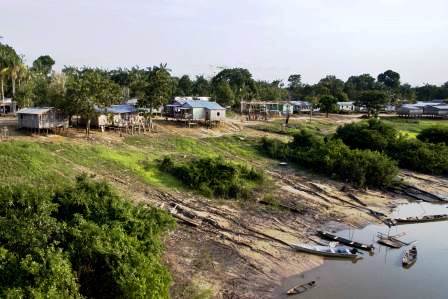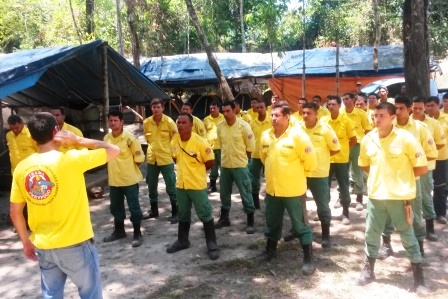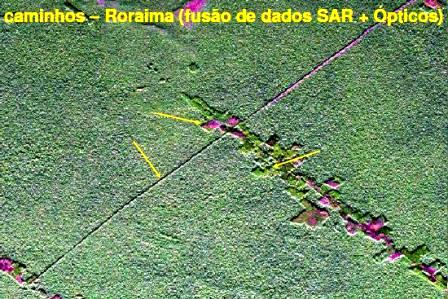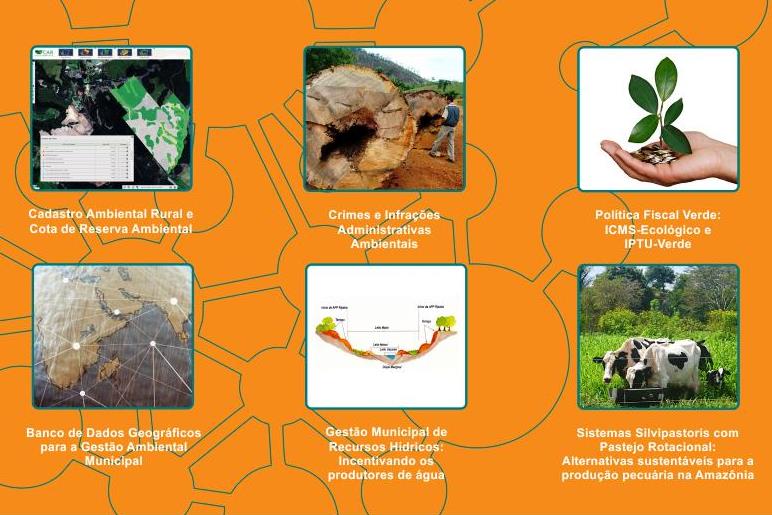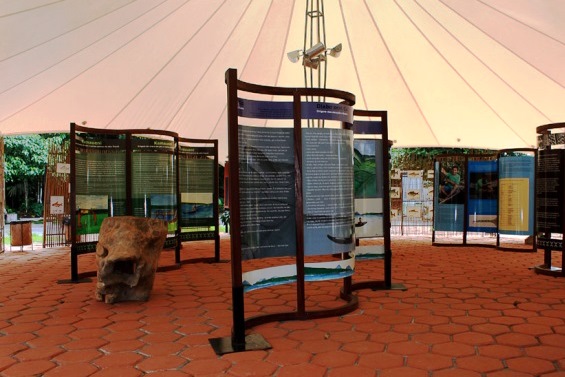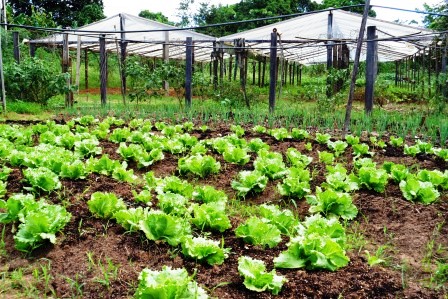Indicators of efficacy and effectiveness
The project activities contributed to the results related to the “monitoring and control” component (1) of the Amazon Fund Logical Framework.
The following are the results of some agreed indicators for monitoring the expected effects.
- of rural properties of up to four fiscal modules that had their application to join the CAR filed in the state of Mato Grosso do Sul (effectiveness indicator)
Target: 26,155 | Result achieved: 22,910
- Rural real estate area of up to four fiscal modules that had their application to join the CAR filed in the state of Mato Grosso do Sul (effectiveness indicator)
Target: not defined | Result achieved: 545,348 hectares
The goal of properties registered in the CAR was partially achieved (88%). However, this fact resulted from the absence of the need to use project resources for this purpose, since a part of the small rural owners registered their properties with their own resources, simultaneously with the execution of the project.
From this perspective, the goal of just over 26,000 properties of small rural producers enrolled in the CAR was fully achieved, with savings of resources for the project, since at the end of the execution of the project more than 40,000 properties of up to four fiscal modules had been enrolled in the CAR.
Institutional and administrative aspects
A Technical Cooperation Agreement was signed between IMASUL and the Agrarian Development and Rural Extension Agency – AGRAER, an autarchy of the state of Mato Grosso do Sul, aiming at carrying out actions for promoting and supporting the environmental regularization of rural properties.
This cooperation was important for the project especially with regard to the actions of adhesion and registration of properties in the CAR.
Risks and lessons learned
The project underwent a reduction in its scope and the value of support from the Amazon Fund, and the last action planned was not carried out, which would be to analyze the registrations of properties registered in the CAR, to verify the declared data of rural properties and verify their adequacy to Brazilian forest legislation.
Various factors contributed to this. The first was the time required to complete the dynamic analysis module of the CAR, developed by the Brazilian Forest Service - SFB, a federal public administration body.
This tool aims to speed up the analysis of the more than six million registrations registered at the base of the Rural Environmental Registration System (SICAR), throughout the national territory, through the use of georeferencing technologies to automatically verify the information declared in the CAR.
Once the CAR dynamic analysis module was developed by SFB, it was necessary to conclude a Technical Cooperation Agreement between IMASUL and SFB, in order to enable the execution of the analysis of rural environmental records by the project, and this stage of signing the cooperation agreement also required an extended period.
Finally, IMASUL faced difficulties in carrying out the bidding for the contracting of the company that would provide the support services for the analysis of the registrations of the properties registered in the CAR in the state of Mato Grosso do Sul.
Sustainability of results
After the completion of the execution of the project, Imasul continued activities related to the implementation of the CAR, highlighting the procedures to implement the analysis of the properties registered in the CAR.
With the project there was an increase in the possibility of access to rural credit for small farmers, since by legal provision financial institutions only grant agricultural credit, in any of its modalities, to owners of rural properties that are registered in the CAR.



